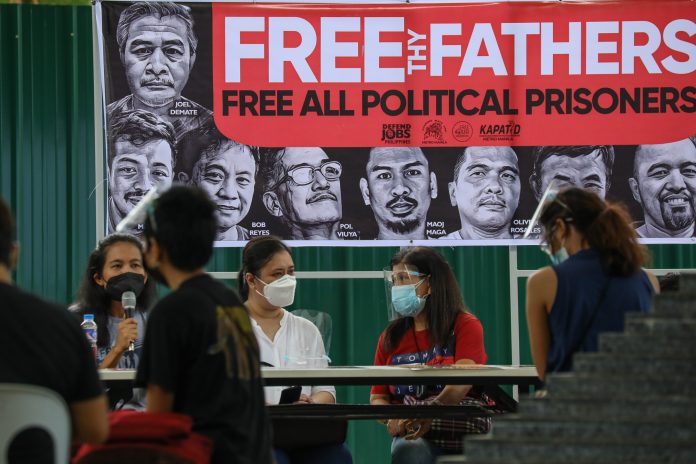Rights activists and organizations in 40 countries, with half of them situated in Asia, are confronted by a growing wave of reprisals for collaborating with the United Nations.
A report released by UN Secretary-General António Guterres on October 1, 2023, revealed that more than 220 individuals and 25 organizations faced grave dangers from both State and non-state actors for their cooperation with the UN on human rights issues.
The report highlighted several emerging trends, with one significant observation being the growing reluctance of individuals to engage with the UN, driven by safety concerns.
Many now opt for anonymity when cooperating or, in some cases, refrain from collaboration altogether.
The report, which covered the period from May 1, 2022, to April 30, 2023, said that the number of victims and witnesses who have requested anonymous reporting for reprisals has increased.
Half of the countries on the list reported an uptick in surveillance targeting individuals who either cooperate with or attempt to engage with the UN.
This surge in surveillance extends to physical monitoring by state actors, possibly connected to the resurgence of in-person UN engagements.
Nearly 45 percent of the countries in the report still enforce or create laws that discourage or impede collaboration with the UN. These legal frameworks pose major challenges to the UN’s longstanding human rights partners.
“A global context of shrinking civic space is making it increasingly difficult to properly document, report, and respond to cases of reprisals, which means that the number is likely much higher,” said Ilze Brands Kehris, Assistant Secretary-General for Human Rights during a presentation to the Human Rights Council in Geneva.
During a press briefing on September 28, UN spokesperson Stephane Dujarric expressed deep concern over the findings. He said that the actual number of cases is likely much higher than reported due to the growing difficulty in documenting such cases within a global context of shrinking civic space.
The report also underscored the specificity and severity of reprisals against women and girls, who constitute half of the victims.
These women and girls are often human rights defenders and civil society representatives targeted for their cooperation with UN human rights mechanisms and peace operations.
The 40 countries referred to in the report are Algeria, Afghanistan, Andorra, Bahrain, Bangladesh, Belarus, Burundi, Cameroon, China, Colombia, Cuba, Democratic Republic of the Congo, Djibouti, Egypt, France, Guatemala, India, Indonesia, Iran (Islamic Republic of), Iraq, Israel, Saudi Arabia, Libya, Maldives, Mali, Mexico, Myanmar, Nicaragua, Pakistan, the Philippines, Qatar, the Russian Federation, South Sudan, United Republic of Tanzania, United Arab Emirates, Uzbekistan, Viet Nam, Venezuela (Bolivarian Republic of), Yemen, and the State of Palestine.









